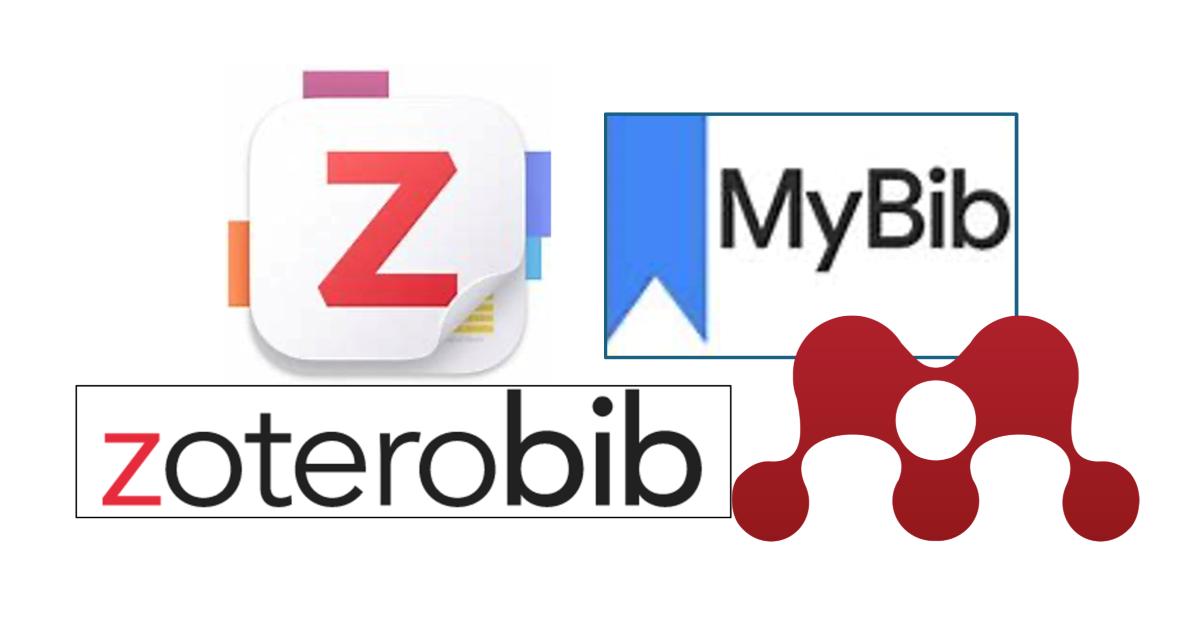How do you determine data authorship?
05/12/2016

When a dataset is published online, the depositor must enter some information about it, including providing details about its authors. It seems an innocuous field to fill in, but determining data authorship can be complex – how do you choose which team members to list?
Well, what are the implications of data authorship? The data authors are the people who will be credited when the dataset is cited in publications or other further works, so it is important that all the people who deserve such credit are included. The authors might also be contacted if inaccuracies are found or there are queries about the data that need answering, so they should have the necessary familiarity with the work.
So who should be listed as data authors if there is a large research team? Everyone? Just the person who collected the data? What about the person who, for example, designed the questionnaire or experiment? Or did the quality checks on the data? Or spent time formatting and documenting it for it to be shared for reuse? Or a senior colleague whose contribution in project conception, oversight and steering was crucial, but who never did any day-to-day data work?
Unfortunately, this post is not going to answer those questions, as there are no hard and fast rules. Generally, it is important that anyone who made a significant intellectual or practical contribution to the data’s creation is credited, but how this principle is applied may vary. Two frequent cases are whether or not to credit people who have done legwork in data collection, but made no intellectual contribution to it, and whether or not to include those who steered the project but never worked with the data. It can be useful to consider what is standard in your domain, and any guidance from publishers or funders. In your data management plan, you should be setting out which datasets will be published and where, so this may also be a good opportunity to clarify who will be listed as the authors, to avoid any delays to publication if there are queries over who to name.
For further discussion of the issues, the Research Data Alliance and CODATA have just published a report on the Principles and Implementation Guidelines for Legal Interoperability of Research Data (pdf) with Principle Six (starting p.25) particularly relevant to the discussion on authorship. Do you think these are useful guidelines? Are there standard practices in your research community around data authorship, or are there questions that need discussing?
Image: Rock, Paper, Scissors by Jesse Kruger, CC-BY-NC 2.0, at https://www.flickr.com/photos/jessekruger/464375923/
Categories & Tags:
Leave a comment on this post:
You might also like…
Credibility, confidence and collaborative focus: The impact of studying for a sustainability apprenticeship at Cranfield
For participants on Cranfield’s Sustainability Business Specialist Apprenticeship, it doesn’t take long for their studies to start to have an impact, with that impact ranging from personal growth and career progression, to organisational effect ...
Meet Mendeley: a powerful referencing tool that does the hard work for you!
Are you looking for a way to manage your references, create in-text citations and reference lists for your assignments or thesis? If so, you may wish to consider using Mendeley. What is it? Mendeley is ...
Adding documents to your Mendeley account
To make the most of a Mendeley account, it is useful to create and maintain a ‘Library’ of references. You can add references and documents to this Library in a number of ways: 1) Drag ...
Choosing the right reference management tool for you…
Are you thinking about using reference management software to help you manage your references? The Library is here to help you. While Mendeley has been our go-to reference management software for some years, we've recently ...
Cranfield Seed Fund recipient, Cosysense, are using AI to solve air conditioning problems and provide a net zero alternative
If you’ve ever worked in an office environment you’ve probably been involved in, or overheard, a conversation about the air conditioning. Well, it’s no surprise it’s a common complaint when research shows that up ...
An Eye-Opening Journey in Advanced GIS & Remote Sensing at Cranfield University
My experience in the Advanced GIS and Remote Sensing course at Cranfield University was nothing short of transformational. From day one, the course was designed to provide both technical expertise and real-world applications. What ...






